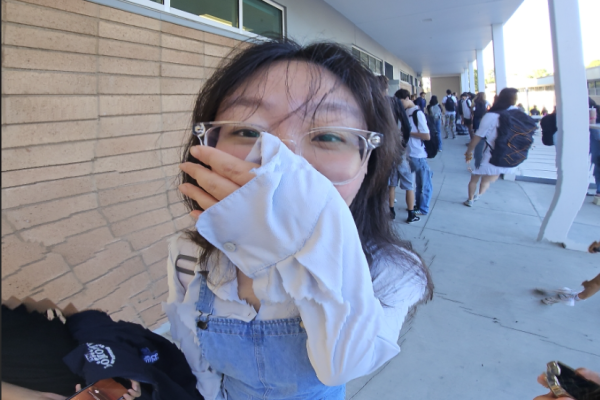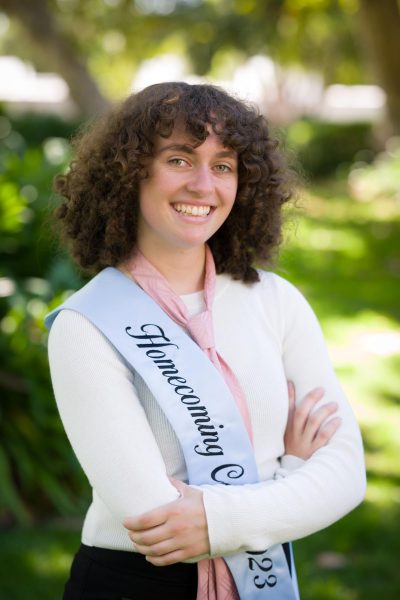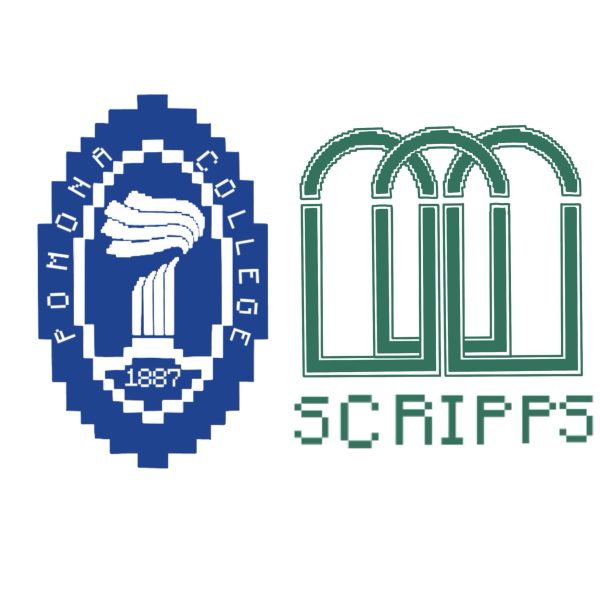CollegeBoard’s Decision on the New Controversial AP Course
In the past few years, people have become more aware of the racial disparities in the world. Much of our curriculum seems to be stuck in the past, and as the world moves forward, so does our education. CollegeBoard has decided on a new AP course called AP African American Studies which is to be taught in all schools by 2024.
The AP African American Studies course is piloted into high schools as a new course in the upcoming 2023-24 school year. Piloted means that the course is being tested and will be available changed throughout the 2023-24 school year and finalized by the 2024-25 school year. Like all other AP classes, the student taking the course would be able to receive college credit, depending on the college and the student’s AP exam score. This course includes the life experiences of African-American people and major movements, such as the civil rights movement and the Black Power movement, that have been adopted across the centuries. Upon revisions to its curriculum before its time as a pilot course, the course faced a significant amount of controversy. Many teachers agree with the decision of changing the course while others argue that the changes made were “whitewashing” and taking away the main idea of the course.
There has been a lot of backlash toward the course, especially from Florida’s Department of Education (D.O.E.) and their governor, Ron DeSantis. Florida’s D.O.E. and their governor agreed that the class was “pushing an agenda” and that it was too “woke,” or alert to racial prejudice and discrimination. By implementing the course into Florida’s high schools, the D.O.E. and the governor argued, would mean that Florida public education would be violating the StopWOKE Act. This act, which was signed into law in 2022, prohibits instruction that defines people as necessarily oppressed or privileged based on their race. Other states thought that the StopWOKE Act was prohibiting students from receiving vital information and therefore did not side with Florida. Florida’s D.O.E. eventually refused to adopt the course into high schools, claiming that it was political indoctrination and a violation of Florida law.
While the course has received much retaliation, it has also been embraced by other lawmakers such as the governor of California. Gavin Newsom has pushed back against DeSantis and has criticized CollegeBoard for implementing these changes. Some subjects that were taken out of the course were the Critical Race Theory (CRT), the Reparations Movement, and more. He expressed negatively about the changes made and tweeted that CollegeBoard was a “puppet” of DeSantis.
The media stated that CollegeBoard was susceptible to political pressure and criticized the new course for being “whitewashed.” However, CollegeBoard officials have recently shown proof that the changes were made before Florida’s Department of Education had filed a complaint, waiving public concerns over political pressure. On Feb. 11, CollegeBoard released a lengthy statement describing how Florida had taken their course curriculum changes — which Florida was not at all a part of — and used them as a political tool.
As much as the public had something to say, the teachers teaching the course stated their opinions as well. Many liked the idea of an African-American course being put into the school curriculum but did not agree with CollegeBoard’s decision to cut a significant portion of the course.
“You’re critiquing something that isn’t finished,” said Sharon Courtney, a high school teacher at Peekskill High School in New York.
Courtney’s words serve as a reminder that the course is only beginning its pilot and has the time to refine itself to become better.
There are many differing opinions on the new AP African American Studies course. One side is willing to accept the changes made to the course and the other is critiquing the changes. With Florida’s perceived interference thrown into the mix, confusion about the ethics of the course is rampant. Despite all the controversy, one idea remains present through it all: this course was proposed to expose students to African American culture and explore the ways that the culture has played an important aspect in the history of the United States, but is often overlooked in today’s society.
Hello there! Our goal is to provide relavent, engaging journalism for readers of all ages. Your donation will support the student journalists of the Wolfpacket at Claremont High School, and will allow us to purchase equipment, print our monthly issues, and enter in journalism competitions. We appreciate your consideration!

Odelia Hahn is everyone’s wifey. She is a junior head opinions editor for the Wolfpacket, and the sweetest, most relatable person ever. Her motto, “it...










